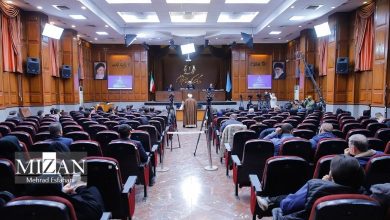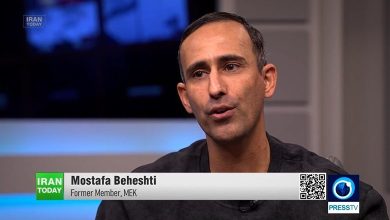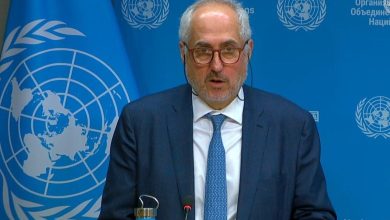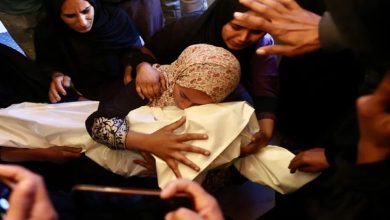Association for Defending Victims of Terrorism – Yosuke Nagai, 31, has spent the last decade in war-torn countries such as Somalia and Yemen, helping young men leave terrorist groups
For Yosuke Nagai, a typical office day involves working in some of the world’s most dangerous places, where his organisation tries to turn violent extremists’ lives around through deradicalisation programmes.
Nagai, 31, is the representative director of Japanese non-profit Accept International, and has spent the last decade in war-torn countries such as Somalia in Africa and Yemen in the Middle East, helping young men leave terrorist groups.
Nagai knows that his job entails the distinct possibility he may be killed.
“My sense of duty to fulfil my mission wins out (over the fear of death),” he says, having released a book in Japanese in February about his ambition to “break the chains of hatred” between people in armed conflict zones around the world.
Accept International operates primarily in Somalia, Yemen, Kenya and Indonesia.
In Somalia, Nagai often travels to prearranged rendezvous points in armoured vehicles to meet men seeking refuge, having usually fled from war zones.
Sometimes Nagai must wear a bulletproof vest, and he always carries emergency medical supplies with him, such as a haemostatic agent used to stop wounds from bleeding.
“The risk (of dying) is never zero. The fatality rate in my job is by far the highest in the non-profit sector,” he says.
The task is a daily routine for Tokyo-based Accept, which operates primarily in Somalia, Yemen, Kenya and Indonesia. In Somalia and Yemen, armed clashes and terrorist attacks involving Islamic extremist groups are frequent. “It is the worst place in the world to do anything,” says Nagai.
During a summer visit to Kenya in his first year of university, he was appalled by the sight of refugees arriving from neighbouring Somalia after the country experienced a famine.
After returning to Japan, Nagai consulted experts and looked at ways he could help people get out of extreme poverty, but was told that his involvement would only cause trouble.
Eventually, with the goal of “just helping out”, he launched a student group which eventually led to the creation of Accept International.
Nagai’s goal of reducing deaths in Somalia was eventually put into action by identifying two key ways of addressing the country’s high mortality rate: eliminating terrorism and preventing armed conflict.
Accept operates a “surrender hotline”, offering refuge to those seeking to escape terrorist organisations with the aim of weakening the support base of such groups. When contacted, Nagai will go wherever he is needed, even if that means rushing to the frontline of a conflict with the help of a military escort.
If an intelligence agency determines the person brought into custody is not a high-risk individual, Nagai will work with them at a facility and provide them with vocational training to reintegrate them into society. Accept is tasked with running one of four such facilities operating in Somalia.





